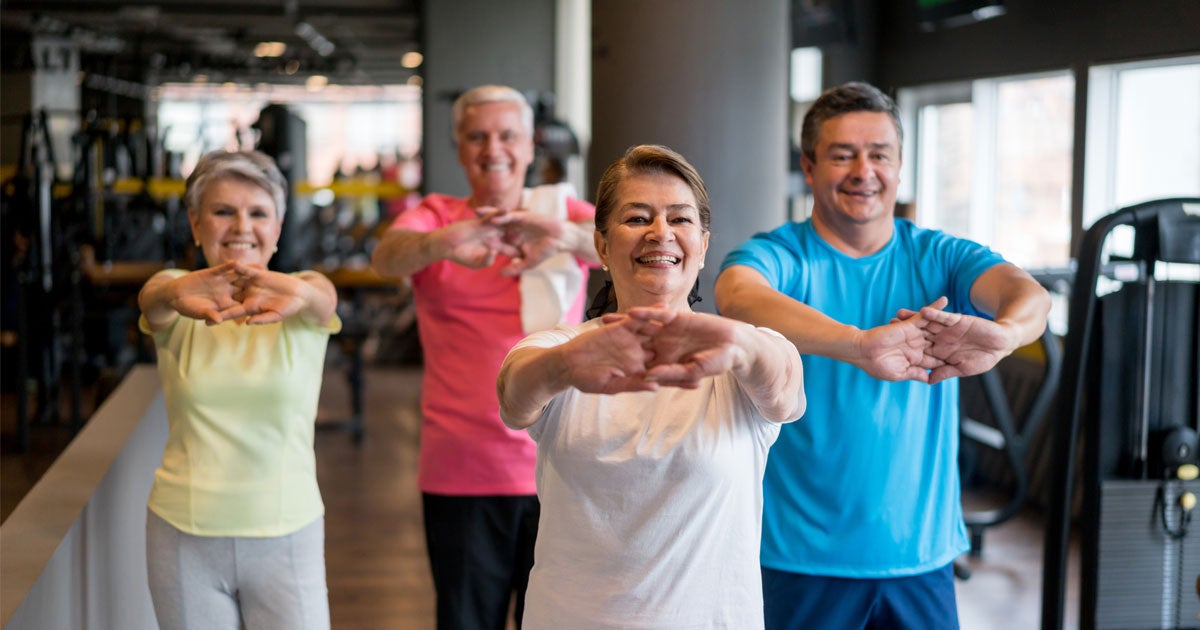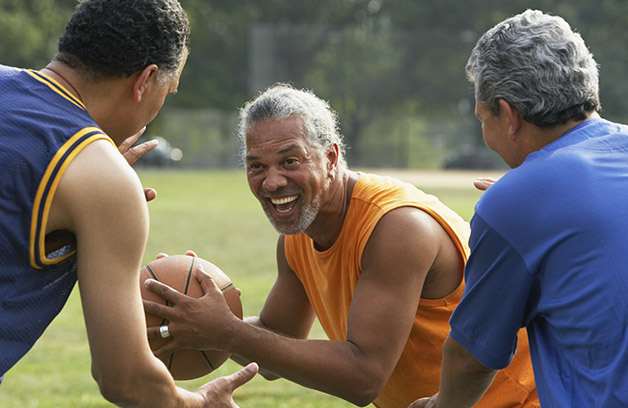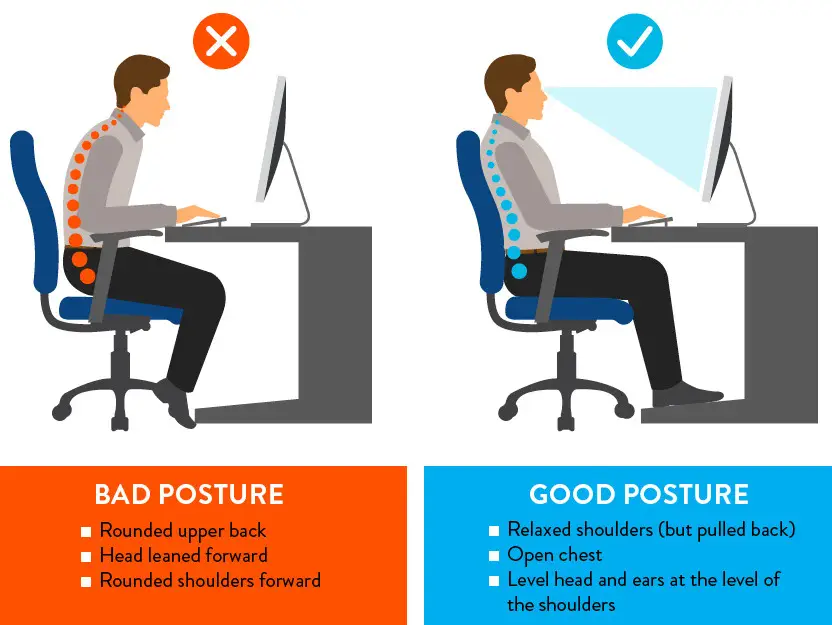Introduction to the Importance of Exercise for Longevity
When it comes to living a long and fulfilling life, few things hold as much power as regular exercise. It’s not just about fitting into your favorite jeans or hitting the gym for that elusive six-pack. The benefits of incorporating physical activity into your daily routine extend far beyond aesthetics. Research consistently shows that staying active can significantly enhance longevity and improve overall well-being.
But what exactly does regular exercise do for you? From boosting heart health to lifting mood, the advantages are numerous and profound. Whether you’re a seasoned athlete or someone who’s just starting on their fitness journey, understanding these benefits can motivate you to make movement an essential part of your life. Join us as we explore how embracing an active lifestyle can pave the way for a longer, healthier future!
The Physical Benefits of Regular Exercise
Regular exercise is crucial for maintaining a healthy body. It boosts cardiovascular health by strengthening the heart and improving circulation. This can lead to lower blood pressure and reduced risk of heart disease.
Muscle strength also benefits from consistent workouts. Resistance training helps build lean muscle mass, supporting metabolism as well. Increased strength enhances daily activities, making them easier and more enjoyable.
Flexibility improves with regular movement too. Stretching routines or yoga help maintain range of motion in joints, reducing injury risk as we age.
Weight management becomes more achievable through exercise as well. Burning calories during physical activity aids in keeping those extra pounds off while promoting a balanced lifestyle.
Bone density strengthens with weight-bearing exercises such as running or dancing, which reduces the likelihood of osteoporosis later in life. Each step taken toward fitness contributes significantly to overall physical wellness and vitality.
Mental Health Benefits of Exercise
Regular exercise does wonders for mental health. It’s not just about physical strength; it uplifts your mood and boosts confidence.
When you engage in physical activity, your body releases endorphins. These natural chemicals act as pain relievers and mood elevators. A simple workout can transform a gloomy day into one filled with positivity.
Exercise also plays a significant role in reducing anxiety and stress levels. When you move, the focus shifts from worries to the rhythm of your body. This shift provides clarity and peace of mind.
Moreover, staying active improves sleep quality. Better rest leads to enhanced cognitive functions like memory retention and concentration.
Social interactions during group activities foster connections that further support emotional well-being. Engaging with others builds relationships while promoting accountability on fitness journeys.
In essence, exercising regularly cultivates resilience against life’s challenges while nurturing mental wellness.
Effects of Exercise on Aging and Age-Related Diseases
Exercise plays a crucial role in how we age and can significantly impact the progression of age-related diseases. Regular physical activity helps maintain muscle mass and bone density, which are vital for mobility as we grow older.
Moreover, engaging in aerobic exercises supports cardiovascular health. A strong heart reduces the risk of hypertension and heart disease, common concerns among seniors.
Additionally, exercise has been linked to better cognitive function. Activities that require coordination or strategy can enhance brain health, lowering the chances of dementia or Alzheimer’s disease.
Another important benefit is its effect on metabolism. Staying active helps regulate blood sugar levels and decreases the risk of type 2 diabetes—an increasingly prevalent issue with aging populations.
Mental wellness improves too; regular movement releases endorphins that combat depression and anxiety often associated with aging. This holistic approach empowers individuals to enjoy their golden years fully.

Tips for Incorporating Exercise into Daily Routine
Finding time for exercise can be challenging, but small changes make a big difference. Start by setting aside just 10 minutes each day. Gradually increase this as you build your routine.
Try to integrate movement into activities you already do. For example, take the stairs instead of the elevator or walk during lunch breaks. These little adjustments add up over time.
Consider scheduling workouts like appointments on your calendar. This commitment helps prioritize fitness in your busy life.
Engage friends or family members in group activities such as hiking or dancing. Social support keeps motivation high and makes exercise enjoyable.
Set achievable goals, focusing on what feels right for your lifestyle rather than drastic changes. Celebrate those milestones along the way to keep spirits lifted and enthusiasm strong!
Overcoming Common Barriers to Regular Exercise
Many people face obstacles when trying to maintain a regular exercise routine. Time constraints often top the list. To combat this, consider shorter, high-intensity workouts that fit into your busy schedule.
Another common barrier is motivation. Finding an exercise buddy can make all the difference. Sharing goals and celebrating small victories together keeps motivation levels high.
Physical discomfort or injury can also hinder progress. Start slow and gradually increase intensity to avoid burnout or injury. Yoga or stretching can improve flexibility and reduce pain.
Lack of variety might lead to boredom. Explore different activities like dancing, hiking, or swimming to keep things fresh and exciting.
By addressing these barriers with practical strategies, you can pave the way for a more consistent workout regimen that enhances well-being over time.

Conclusion: The Power of Exercise for a Longer, Healthier Life
Regular exercise offers a multitude of benefits that significantly contribute to longevity. By engaging in physical activity, you not only enhance your overall health but also improve your quality of life. The connection between exercise and mental well-being cannot be overlooked; it fosters a positive outlook and reduces stress.
Additionally, maintaining an active lifestyle has profound effects on the aging process. It helps combat age-related diseases and keeps your body resilient as you grow older. With simple strategies for integrating movement into daily routines, everyone can find ways to stay active despite busy schedules.
Overcoming obstacles is key to making exercise a regular habit. Whether it’s finding motivation or managing time constraints, there are solutions available that empower individuals to prioritize their fitness journey.
Embracing the power of regular exercise lays the foundation for a longer, healthier life filled with vitality and joy. Each step taken towards an active lifestyle ignites hope for years ahead filled with wellness and happiness. Choose to invest in yourself through movement—your future self will thank you.






